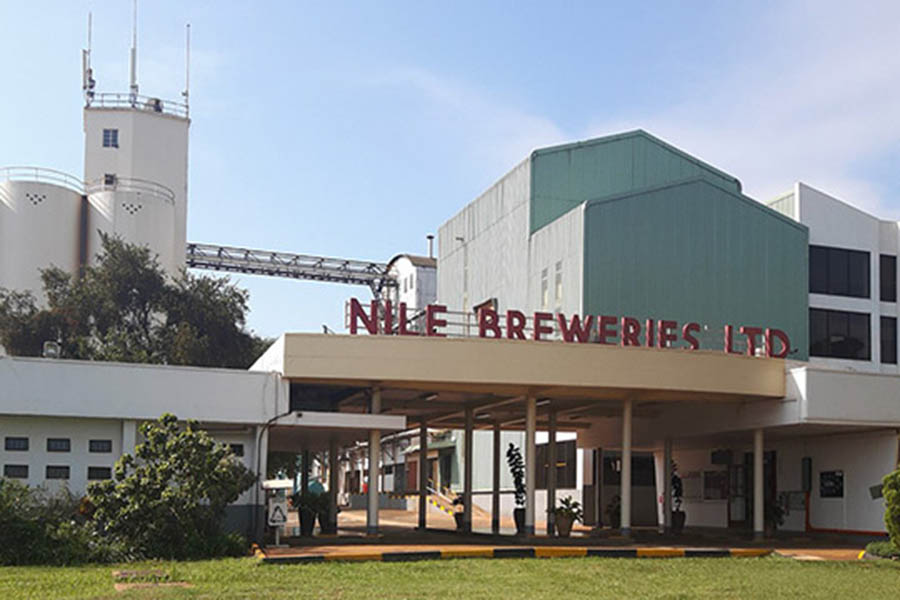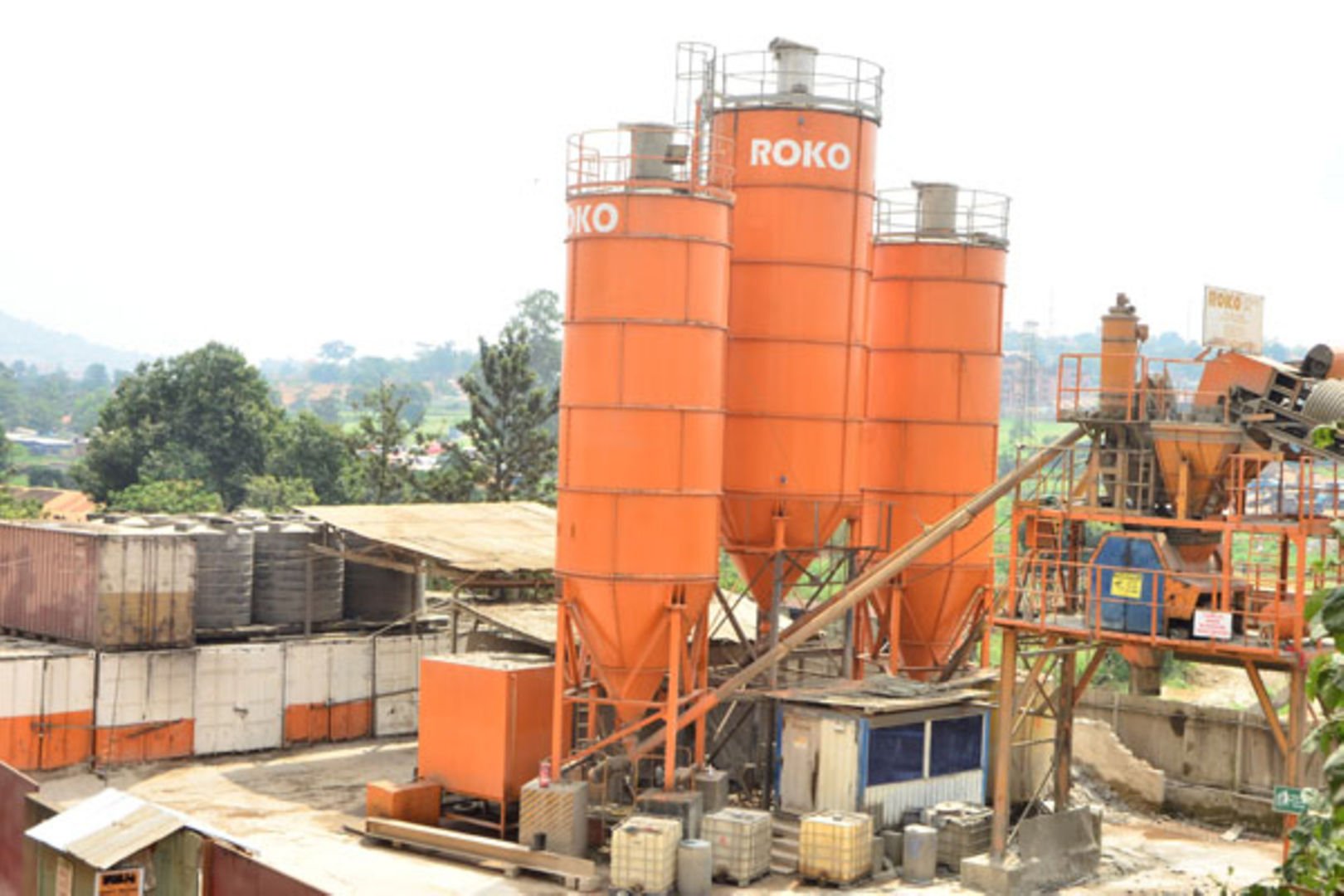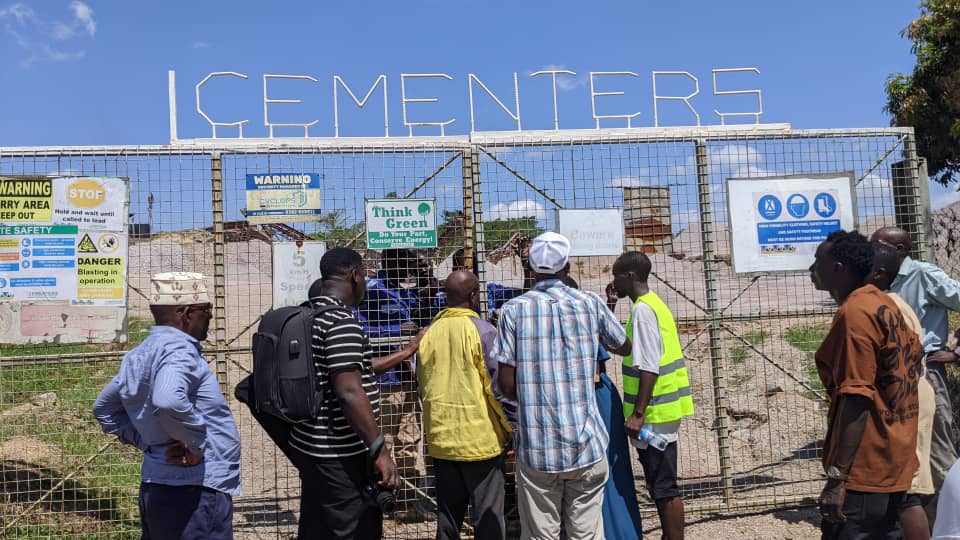The High Court has overturned a contempt of court ruling and fines imposed by the Tax Appeals Tribunal (TAT) against Nile Breweries arguing that it (tribunal) lacked the power to punish the company for what it called “civil contempt”.
However, the court sided with the tribunal on a key tax rule, confirming that companies must deposit 30% of disputed taxes when challenging assessments.
The case arose from a 2022 tax disagreement between Nile Breweries and the Uganda Revenue Authority (URA).
Nile Breweries filed its own tax returns for Local Excise Duty (a tax on locally produced goods like beer) and Value Added Tax (VAT) in 2022. The company paid what it calculated it owed based on those returns.
But the URA wasn’t satisfied. After auditing the company’s books, the authority issued “additional assessments” – extra tax bills claiming the beer company owed more, specifically around Shs 8 billion in excise duty and Shs 6 billion in VAT related to exported goods.
Nile Breweries disagreed with these extras, arguing they shouldn’t apply to exports, and only paid the original self-assessed amounts.
To fight the additional taxes, the beer firm took the case to the TAT, the specialized body for resolving tax disputes. While the main review was ongoing, Nile Breweries asked for a temporary injunction to stop the URA from demanding the money right away.
The TAT granted this in March 2022, but with a condition: Nile Breweries had to deposit 30% of “the tax assessed or that part of the tax assessed not in dispute, whichever is greater,” as required under Section 15 of the Tax Appeals Tribunals Act.
This is where things got complicated. Nile Breweries believed the “undisputed” amount it had already paid (from its self-assessment) was larger than 30% of the disputed extras, so it didn’t need to pay more.
The URA disagreed, insisting the 30% should be calculated only on the disputed portion – the additional assessments.
When Nile Breweries didn’t pay the extra 30%, the URA issued “third-party agency notices” to two banks in which the beer firm held accounts: Stanbic Bank Uganda and Standard Chartered Bank Uganda. These notices basically ordered the banks to freeze and hand over funds to cover the taxes.
The banks refused, citing the TAT’s injunction. Frustrated, the URA asked the TAT to declare Nile Breweries and the banks in contempt of court for ignoring the order. Nile Breweries countered by asking the TAT to clarify the 30% rule.
The TAT sided with the URA in May 2022: It ruled that the 30% deposit applies specifically to the disputed taxes (the extras), not including what was already paid.
It found Nile Breweries, Stanbic, and Standard Chartered in contempt for not complying. Fines were slapped: Shs 20 million on Nile Breweries for directing the banks not to pay, and Shs 30 million each on the banks for “deliberately misinterpreting” the order.
The banks were also ordered to pay Shs 28 million in damages to the URA for delays. Nile Breweries paid the 30% under protest and appealed to the High Court.
Enter the High Court
In a judgment by Justice Stephen Mubiru of the Commercial Division, the court addressed Nile’s six grounds of appeal”
On contempt powers (Ground 1): The court ruled in Nile Breweries’ favour. It explained that the TAT’s powers under Section 37 of its Act are limited to “criminal contempt” – serious offenses like disrupting proceedings in front of the tribunal (ex facie curiae).
The court ruled that the TAT doesn’t have authority over “civil contempt,” which involves disobeying orders outside direct tribunal interference.
Justice Mubiru called the TAT’s fines an “abuse of power” and “arbitrary,” noting that failure to pay the 30% should have simply led to the injunction lapsing or the case being dismissed, not contempt charges. The contempt findings and all fines/damages against Nile Breweries and the banks were set aside.
On the 30% Deposit Rule (Grounds 2-6): Here, the court backed the TAT. Using a “purposive” approach to interpret the law, Justice Mubiru said Section 15 requires the 30% deposit only on the disputed amount submitted to the TAT – in this case, the URA’s additional assessments.
The court noted that later laws like the Tax Procedures Code Act support this view, treating self-assessments and additional ones separately. This means taxpayers challenging extras must still deposit 30% of those extras, even if they’ve paid their original calculations.
The appeal was partly successful, so Nile Breweries was awarded half the court costs. The ruling clarifies how tax disputes work in Uganda.
For companies like Nile Breweries, it reinforces that challenging URA assessments requires upfront deposits on the disputed parts, a measure to prevent frivolous appeals and ensure revenue flow. But it also limits the TAT’s ability to use heavy-handed contempt sanctions for non-payment, protecting against overreach.







